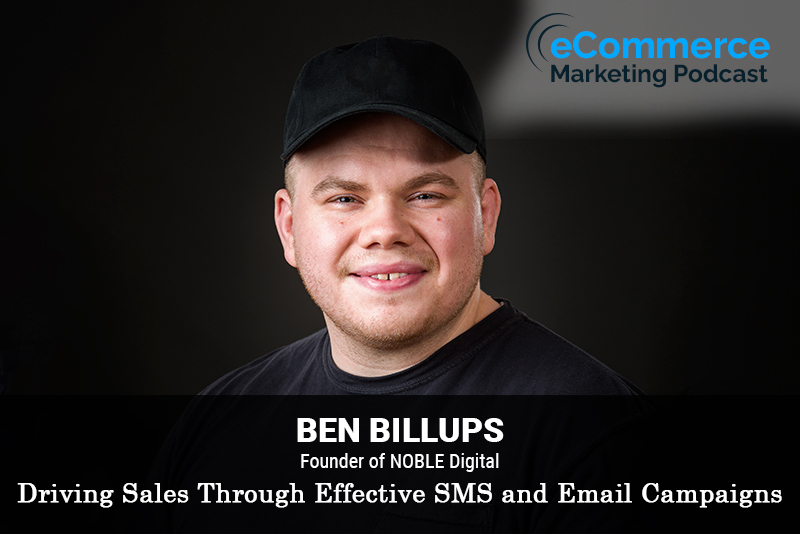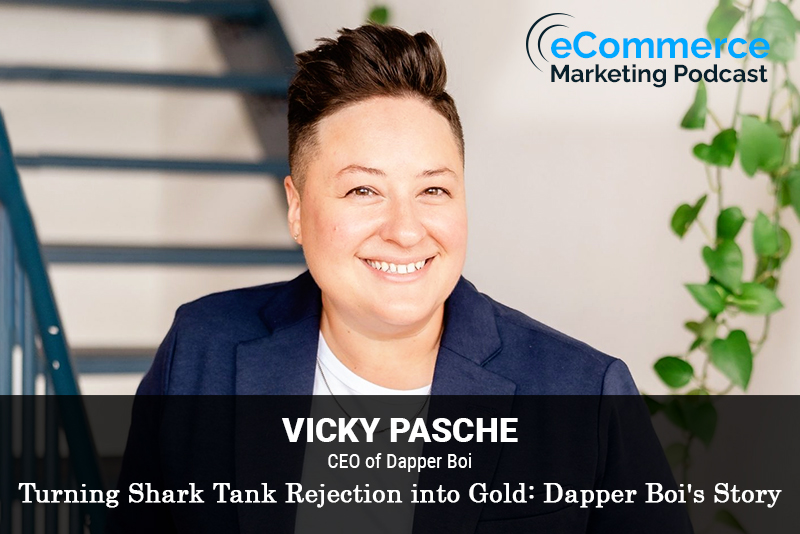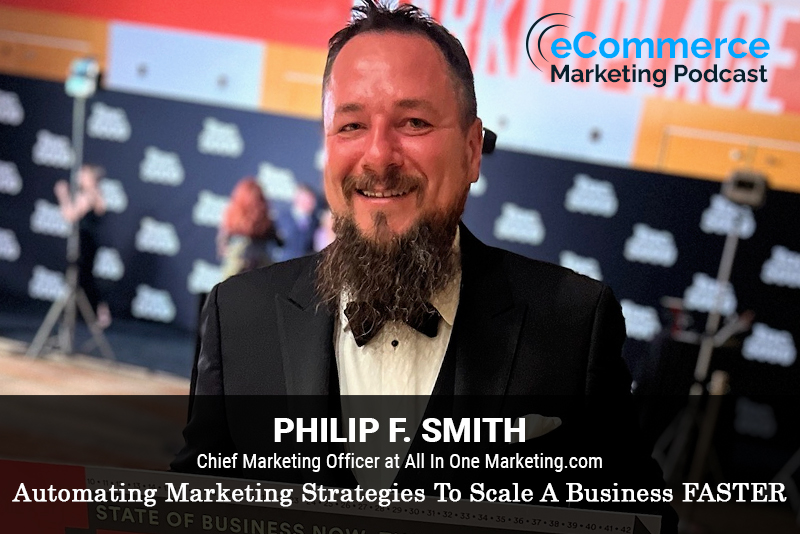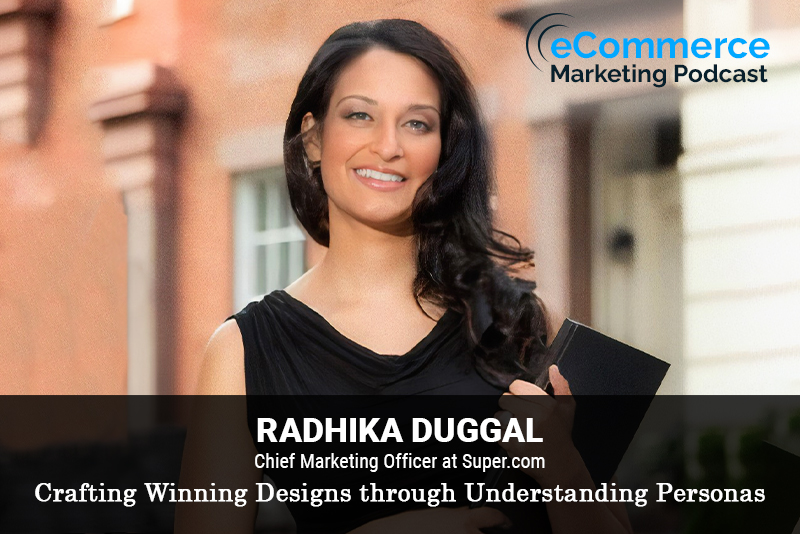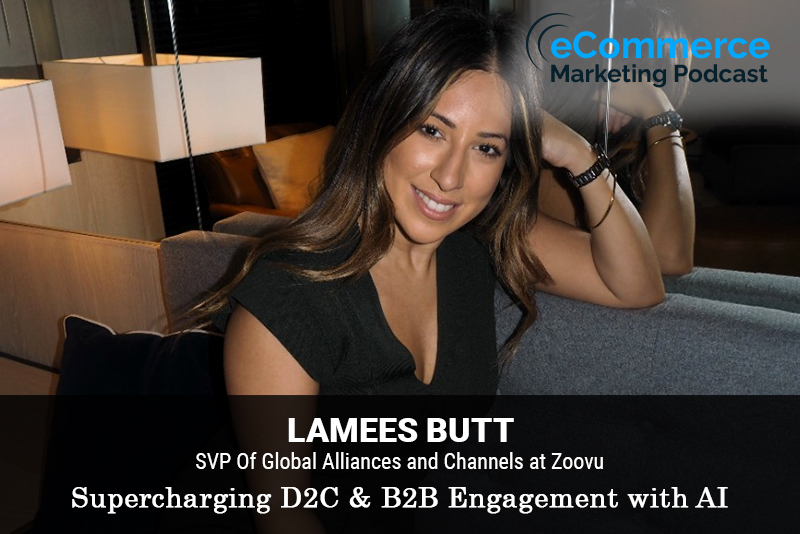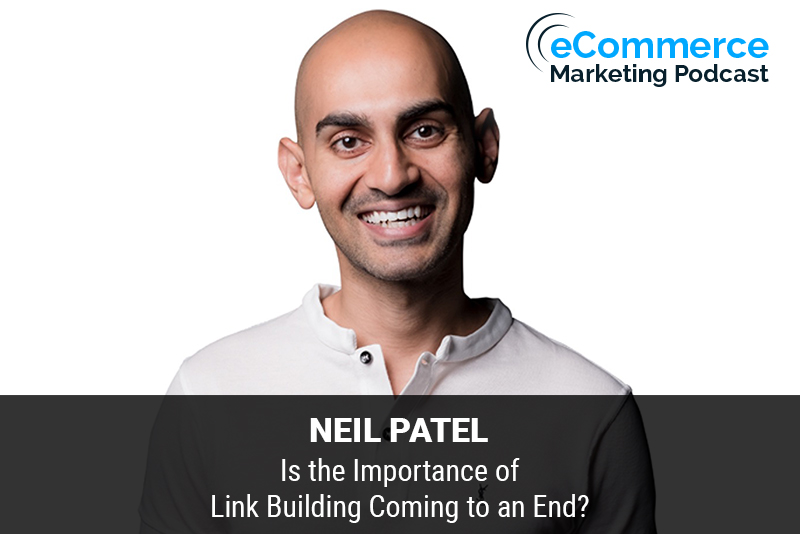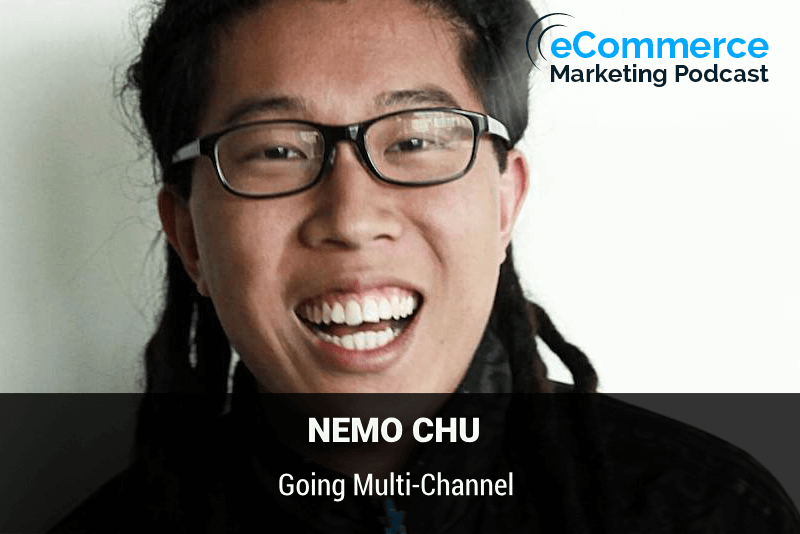
The eCommerce Marketing Podcast walks you through everything that goes into ecommerce marketing — from inbound marketing to paid advertising to conversions. Learn the strategies top marketing experts use to grow their businesses.
Head over to Leadfeeder.com and sign up for a 14-day (no strings attached) free trial!
Ben Billups, Founder of NOBLE Digital, boasts a decade-long career in performance marketing, emerging as a trailblazer in the field. NOBLE is the world’s fastest-growing email and SMS service provider for ecommerce brands and digital publishers. His expertise has propelled the company to redefine industry standards, leveraging a unique blend of technical proficiency and creative strategies.
In this episode, you will learn
- The evolution of the landscape of email and SMS marketing evolve for ecommerce brands over the last decade
- How AI and machine learning is transforming email and SMS marketing strategies for ecommerce in the near future
- How NOBLE Digital navigates the changing waters of privacy concerns
- What key performance indicators do you prioritize for evaluating the success of email and SMS campaigns
- The emerging trends that will shape the future of email and SMS marketing for ecommerce brands, and how should marketers start preparing now to stay ahead of the curve
For show transcript and past guests, please visit https://www.ecommercemarketingpodcast.com
Or on YouTube at:
https://www.youtube.com/channel/UC3PgT0NOGzpdPGQtBK0XLIQ
Follow Arlen:
Twitter: https://twitter.com/askarlen
Facebook: https://www.facebook.com/arlen.robinson.7
Instagram: https://www.instagram.com/arlenyohance/
LinkedIn: https://www.linkedin.com/in/arlenrobinson/
Past guests on the ecommerce marketing podcast include Neil Patel, Nemo Chu, Luke Lintz, Luke Carthy, Amber Armstrong, Kris Ruby and many more.
Thanks for listening. Be sure to subscribe and leave a review.

In this episode of the eCommerce Marketing Podcast, host Arlen Robinson interviews Ben Billups, Founder of NOBLE Digital, the world’s fastest-growing email and SMS service provider for eCommerce brands and digital publishers. With a decade-long career in performance marketing, Ben shares insights on the evolution of email and SMS marketing, the impact of AI and machine learning, and the importance of first-party data.
Key Takeaways
- Introduction and Background ([00:01] – [03:35])
- Ben’s journey from working in various startups to founding NOBLE Digital.
- His success in scaling email and SMS revenue for an eight-figure beauty brand.
- Growth of Email Marketing ([03:35] – [04:42])
- Email marketing’s consistent growth over the past two decades.
- The vast potential audience for email marketing compared to social media platforms.
- Technological Advancements ([04:42] – [06:48])
- The role of technological advancements in enhancing email marketing.
- The impact of identity resolution tools on eCommerce brands.
- Impact of AI and Machine Learning ([06:48] – [12:36])
- Short-term impact on content generation for email and SMS.
- Long-term potential for AI to automate and optimize all aspects of email and SMS marketing.
- Personalization and Privacy ([12:36] – [18:07])
- The importance of intent-based personalization for effective marketing.
- Navigating privacy concerns while delivering personalized campaigns.
- Differences in privacy regulations globally and their impact on data usage.
- Key Performance Indicators ([18:07] – [21:27])
- Importance of net list growth, click-through rates, and conversion rates.
- How to evaluate the success of email and SMS campaigns effectively.
- Emerging Trends and Technologies ([21:27] – [26:30])
- Emphasis on collecting and leveraging first-party data.
- The potential impact of privacy regulations and the importance of owning customer data.
- The value of first-party data as a business asset for predictability and growth.
Guest Info
Ben Billups
Founder of NOBLE Digital
LinkedIn: Ben Billups

